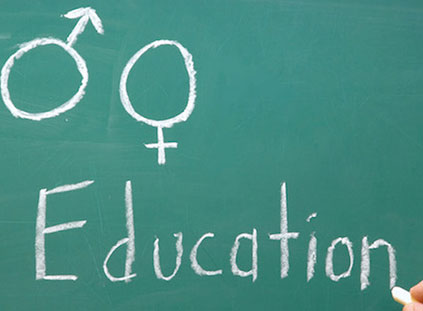Statement on the WHO-Europe document on Standards for sexuality education in Europe The Board of FEAMC convened in Berlin on May 21, 2011, expressed with great regret its serious concerns with regard to the WHO document on standards of the so-called sexuality education in Europe1.
The members of the Board found the document being flawed by serious deficiencies and misconceptions in its scientific background and content, as well as by the skewed ideological premises upon which the present material is based. The necessary holistic approach to the education of children and adolescents on matters of human fertility, procreation, responsible sexuality and responsible parenthood is almost totallypushed aside by other concerns or interests. Many key stakeholders, such as educators, parents, churches and religious communities, as well as children’s and young people’s representatives and organizations, have been almost totally omitted from the drafting group of “experts”, nor are their views sufficiently represented in the final text. On the other hand, the document appears to represent almost entirely the contributions and views of a limited spectrum of organisations with obvious “pro-choice” stances and lobbying interests with regard to the important issues treated in the document. Indeed, this document can hardly be seen as a valid background for any reasonable public policy, including public health or education policy, with respect to the issues it claims to serve. FEAMC Board calls upon Mrs. Zsuzsanna Jakab, WHO Regional Director for Europe, to retract the Agency’s support for the document and make sure to stop its dissemination and use by its respective services.
Berlin, May 21, 2011
Dr. Francois Blin, president of FEAMC
Dr. Hans Stevens, Secretary General of FEAMC on behalf of the FEAMC Board
1 WHO Regional Office for Europe, and Federal Centre for Health Education (BZgA): Standards for Sexuality Education in Europe. A framework for policy makers, educational and health authorities and specialists. Cologne 2010, ISBN 978-3-937707-82-2, available e.g. at:
http://www.bzga-whocc.de/



